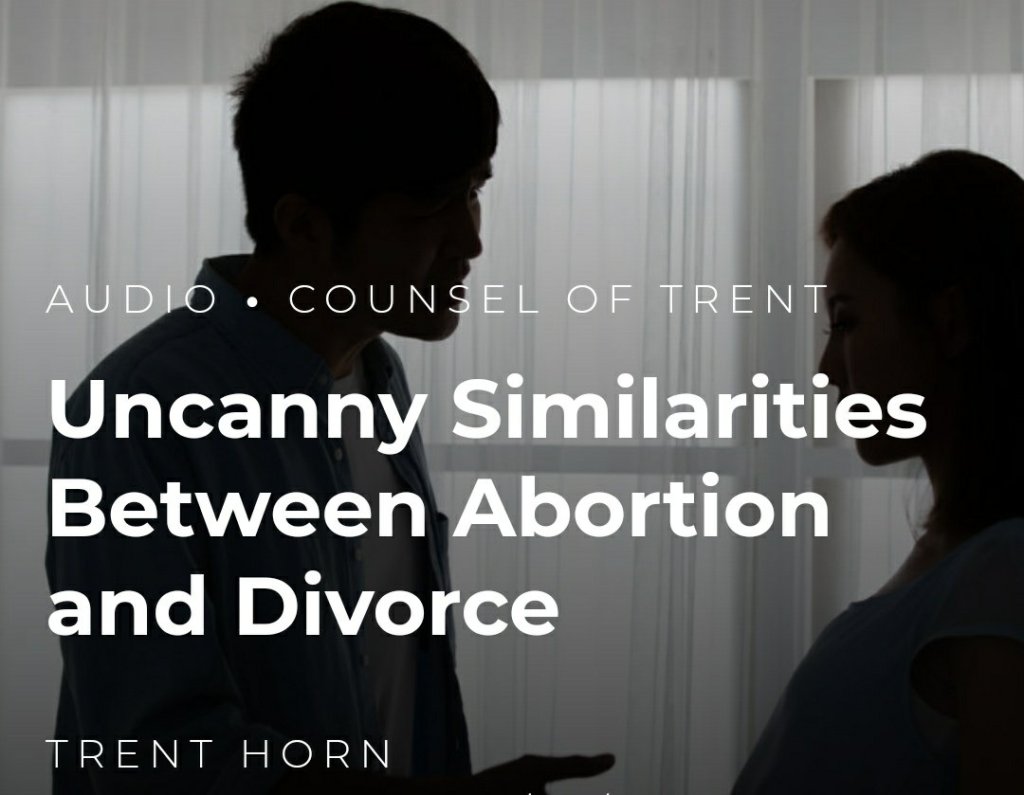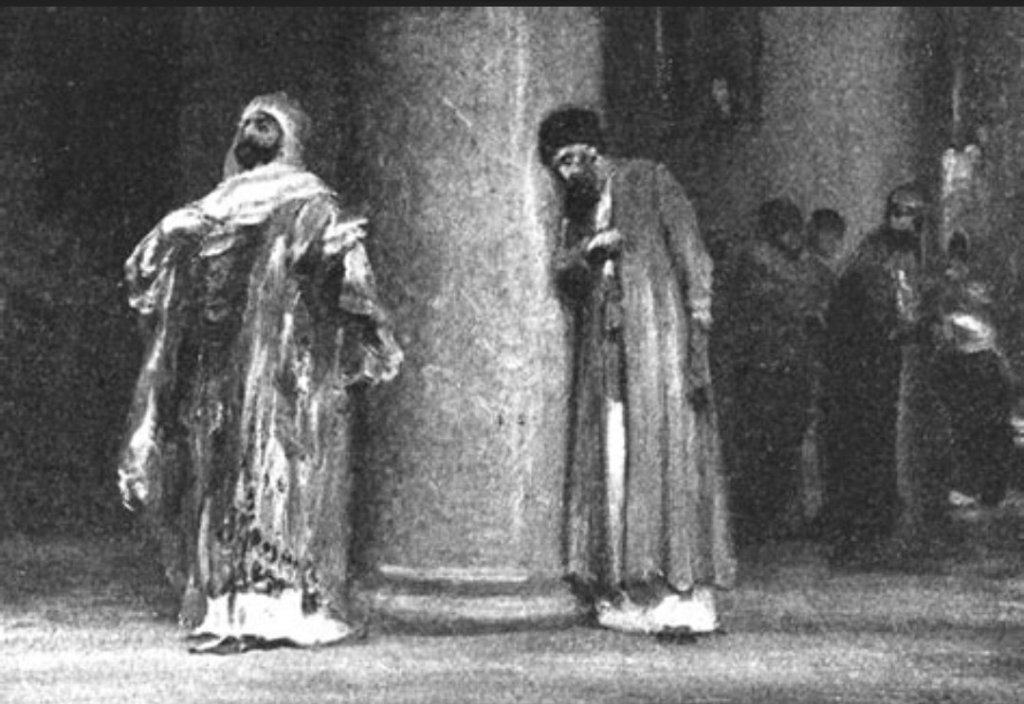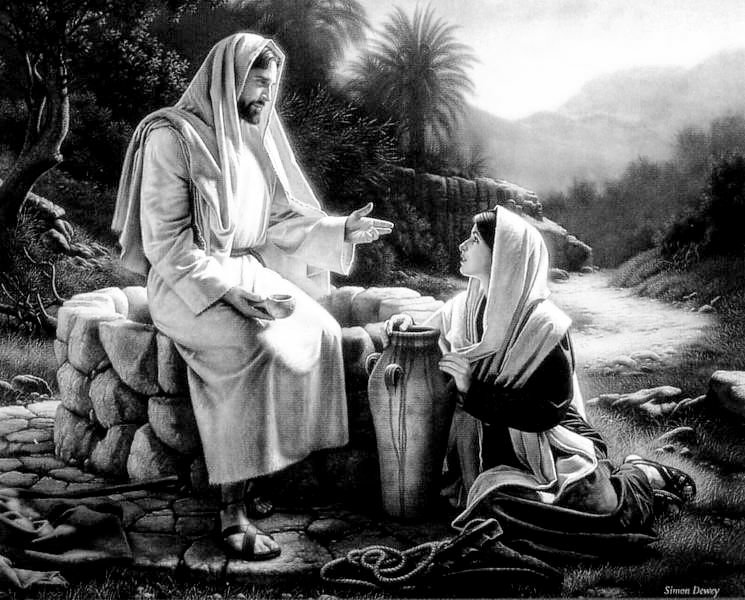The need to be in a state of grace to receive Communion (CCC 1385)

Leila Miller:
… Christ said marriage is a one flesh union. So anytime you’re ripping that living flesh apart, something is dying. I mean, something pretty serious is being lost.
Trent Horn:
Yeah, because we think about divorce, it’s always so antiseptic. Divorce is just filling out paperwork.
Leila Miller:
Right.
Trent Horn:
Maybe this is another parallel with abortion and divorce. I don’t want to jump too far ahead, but I think a lot of people won’t think that abortion is wrong… as long as abortion is an abstract word related to choice, they don’t think it’s wrong. Until they see the ugly reality of what abortion is, then they’re like, “Oh yeah, we can’t do this.” I think something similar happens with divorce. It’s like
… Listen to the broadcast here
God loves and calls all to forgiveness and healing.

Penance = the fullness of repentance
Advent and Penance
“And in those days came John the Baptist preaching in the desert of Judea. And saying: Do penance: for the kingdom of heaven is at hand.”— Matthew ch. 3
“If we say we have no sin, we deceive ourselves, and the truth is not in us. If we confess our sins, he is faithful and just, and will forgive our sins and cleanse us from all unrighteousness. If we say we have not sinned, we make him a liar, and his word is not in us.” — 1 Jn 1:8-10
“We … though shameless in sins, blush to do penance for them, and this is the excess of folly. It is a misery to be prone to sins; it is a greater one to be ashamed of their remedy. He that “did no sin” disdained not to be reputed a sinner; we are willing to be sinners, but not to be reputed as such.” — from “Sermons of Saint Bernard on Advent & Christmas, Aeterna Press

“Extortioners, Adulterers, Tax Collectors…”
“Two men went up into the temple to pray, one a Pharisee and the other a tax collector. The Pharisee stood and prayed thus with himself, ‘God, I thank thee that I am not like other men, extortioners, unjust,adulterers, or even like this tax collector.I fast twice a week, I give tithes of all that I get.’ But the tax collector, standing far off, would not even lift up his eyes to heaven, but beat his breast, saying, ‘God, be merciful to me a sinner!’ I tell you, this man went down to his house justified rather than the other; for every one who exalts himself will be humbled, but he who humbles himself will be exalted.” — Luke 18: 10-14
Penance = the fullness of repentance
No crime, however heinous, can be committed or even conceived which the Church has not power to forgive, just as there is no sinner, however abandoned, however depraved, who should not confidently hope for pardon, provided he sincerely repent of his past transgressions. Furthermore, the exercise of this power is not restricted to particular times.
“Whenever the sinner turns from his evil ways he is not to be rejected, as we learn from the reply of our Savior to the Prince of the Apostles. When St. Peter asked how often we should pardon an offending brother, whether seven times, Not only seven times, said the Redeemer, but till seventy times seven.” — (Catechism of the Council of Trent)
Family Forever: “He that forsaketh his father is as a blasphemer; and he that angereth his mother is cursed: of God.” — Ecclesiasticus 3:16


